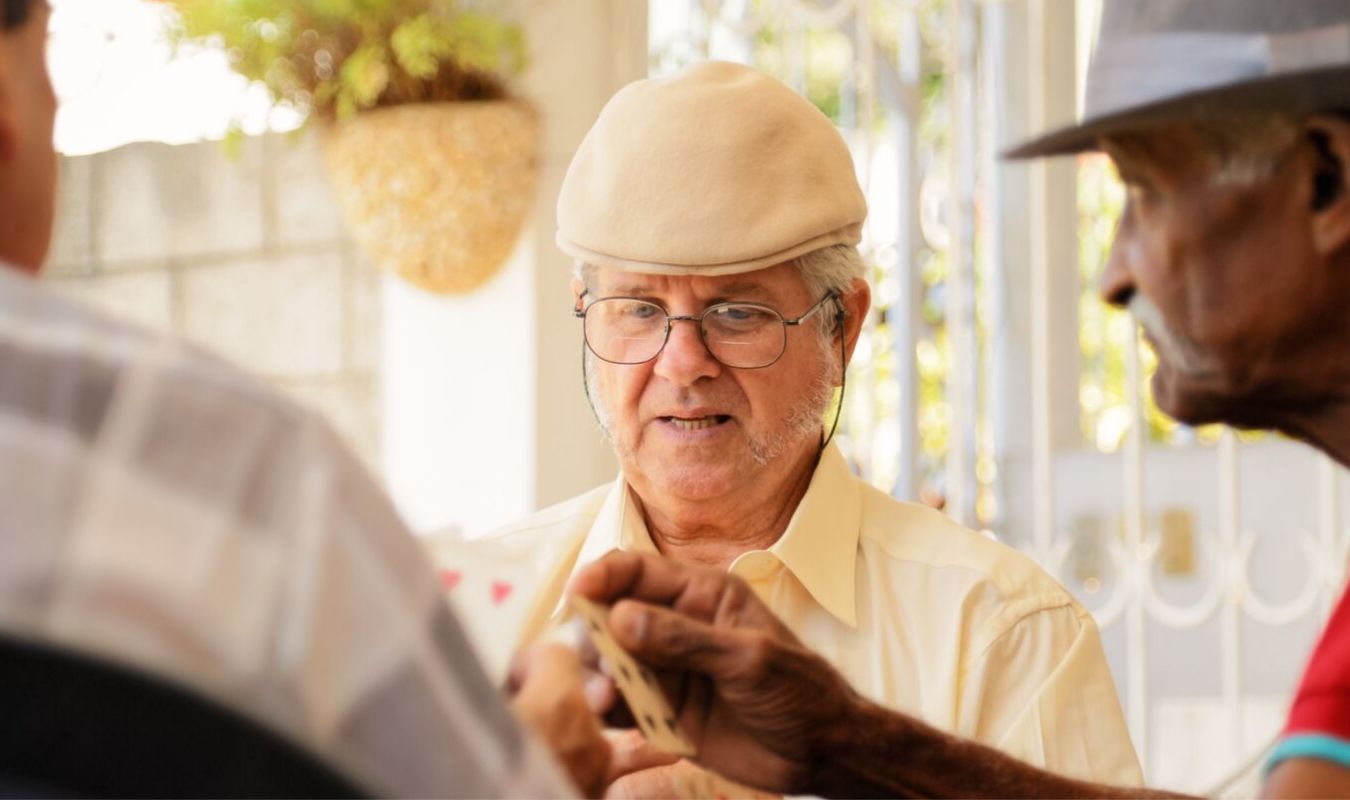
Spanish Immigrant Wins Permanent Residence Despite Overstaying Visa Waiver Program Visit
Fausto, born in Havana, Cuba, entered the United States through the Visa Waiver Program.
For several years, he wanted to leave his birthplace. He disagreed with many government policies. While attending college, Fausto joined the opposition. This decision would change his life forever.
Fearing arrest, he left Cuba shortly after his graduation. He fled to Spain, where his maternal grandparents lived, to continue with graduate level studies.
He did not return home after his schooling concluded. Officials told his parents about his underground political activities. They planned to arrest him upon his return, and he would have to face punishment for his crimes.
Fausto and his parents feared for his safety. The government often subjected prisoners to cruel measures.
They decided it was in his best interest to remain in Spain. Over time, he became a naturalized citizen of Spain.
Cuban Immigrant Enters U.S. Under Visa Waiver Program For Spanish Citizens
About 20 years after leaving Cuba, Fausto decided to take a vacation in the United States. He was granted a three-month visit under the Visa Waiver Program (VWP) for Spanish immigrants.
During his time here, he met some Cuban refugees. Once they heard his story, they encouraged him to apply for asylum if he wanted to win permanent residency to stay and live in the United States.
He traveled to San Diego to visit other Spanish immigrants he knew who had moved from their homeland a few years beforehand.
Aware he only had authorization for a stay of 90 days, Fausto quickly filed an asylum application. His new friends told him that he did not have to leave until the government reached a decision.
He lost. He was sent to Immigration Court to face deportation charges.
Since he had used most of his savings, he went to a San Diego non-profit organization for help. They accepted his case.
At court, the government attorney asserted that since he entered under the Visa Waiver Program and overstayed, Fausto was only entitled to a notice of referral, not a notice to appear. This meant his only course of defense was to pursue his asylum claim.
Due to Fausto’s citizenship in Spain and several years’ absence from Cuba, the non-profit lawyers realized his asylum case was weak.
Because the case raised issues they could not handle, they reached out to Carlos. They asked if he could help Fausto.
After meeting with him, Carlos agreed to represent Fausto. He informed the court he would take over Fausto’s defense against deportation.

Almost immediately, Carlos spotted a missing issue. The Cuban Adjustment Act, a little known law passed in 1996, had not been discussed at the earlier hearing.
He knew if Fausto met its requirements, Fausto could adjust to green card status.
In his first court appearance, Carlos requested time to address the applicability of the Cuban Adjustment Act (CAA) to Spanish immigrants like Fausto.
DHS counsel countered that CAA would not help Fausto. He was an overstay under the VWP, and asylum was Fausto’s only defense against deportation. She argued that there were no exceptions for overstays in his situation. Fausto, she asserted, could not adjust to legal residency.
The judge leaned towards the views of government counsel. Since Carlos was Fausto’s new lawyer, the judge gave him 60 days to prove why the CAA applied in VWP overstay cases.
A Clash Of Laws: The Visa Waiver Program Vs. The Cuban Adjustment Act
From the outset, Carlos understood resolving the clash between the Visa Waiver Program and the Cuban Adjustment Act in favor of his client would not be easy.
The CAA was a mystery for California-based immigration lawyers. Most Cuban asylum-type claims had taken place in Florida, where a vast majority of Cubans live.
Unlike many of his local colleagues, as a San Diego immigration lawyer, Carlos had acquired experience helping Cuban immigrants and Cuban refugees in other states, including Florida.
After weeks of research, Carlos asserted two points:
First, the Visa Waiver Program addressed the standard procedures for seeking to become a green card holder. The CAA did not fall under these rules. Rather, he pointed out, the CAA was not a normal, but a unique, process created for Cuban immigrants to become permanent residents of the United States.
Second, the Act imposed no limits on a Cuban national’s ability to pursue residency in the U.S. other than those stated in the legislation. Fausto’s application could not be denied on grounds not listed in the regulations. Hence, the overstay charge did not negate his claim for CAA protections.
Based on these contentions, the immigration judge was swayed to side with Fausto. He held that of the two conflicting laws, the language of the relevant provisions allowed the application of the Cuban Adjustment Act despite the Visa Waiver Program limitations.
In other words, the Cuban Adjustment Act trumps the Visa Waiver Program..
The case was not over. The ruling only meant Fausto had a right to present his case at trial.The case went to trial.
After several hours of testimony, the judge granted permanent resident status to Fausto.
Five years after earning valid green card status, Fausto became a naturalized U.S. citizen. Today, he owns a home in San Marcos, California and works as an accountant and bookkeeper for small businesses.
No matter how difficult the road ahead may seem, do not give up without exploring all your options. This series of immigrant success stories is dedicated to those who refuse to stop believing that some day, somehow, victory will be theirs.
This article, focused on the topics of the Visa Waiver Program, Cuban Adjustment Act, and permanent residency, is Example Number 6 on the different types of challenges and obstacles which immigration lawyer Carlos Batara has helped immigrants overcome.
Previous: Planning Ahead Prevents Deportation
Ready to take a serious and honest look at the strengths and weaknesses of your immigration case? Let’s get started with a personalized strategy and planning consultation . . .





